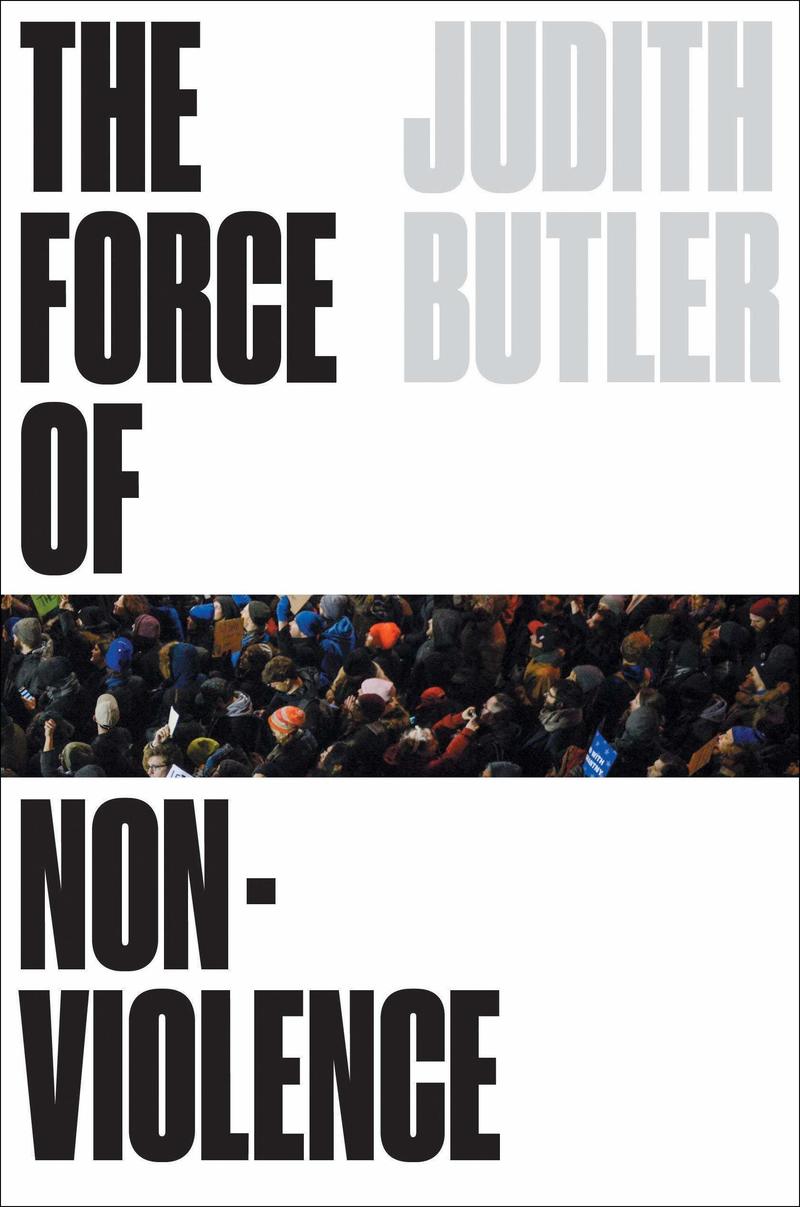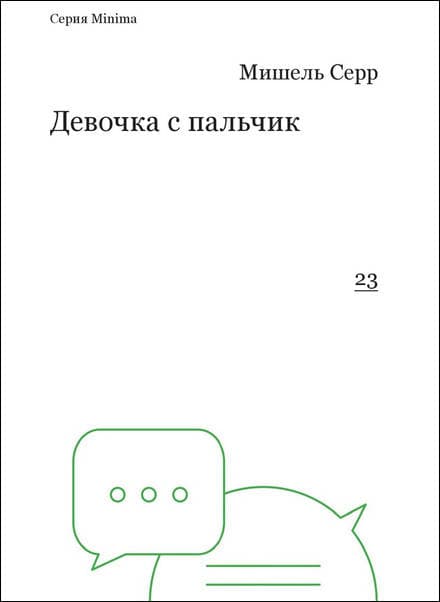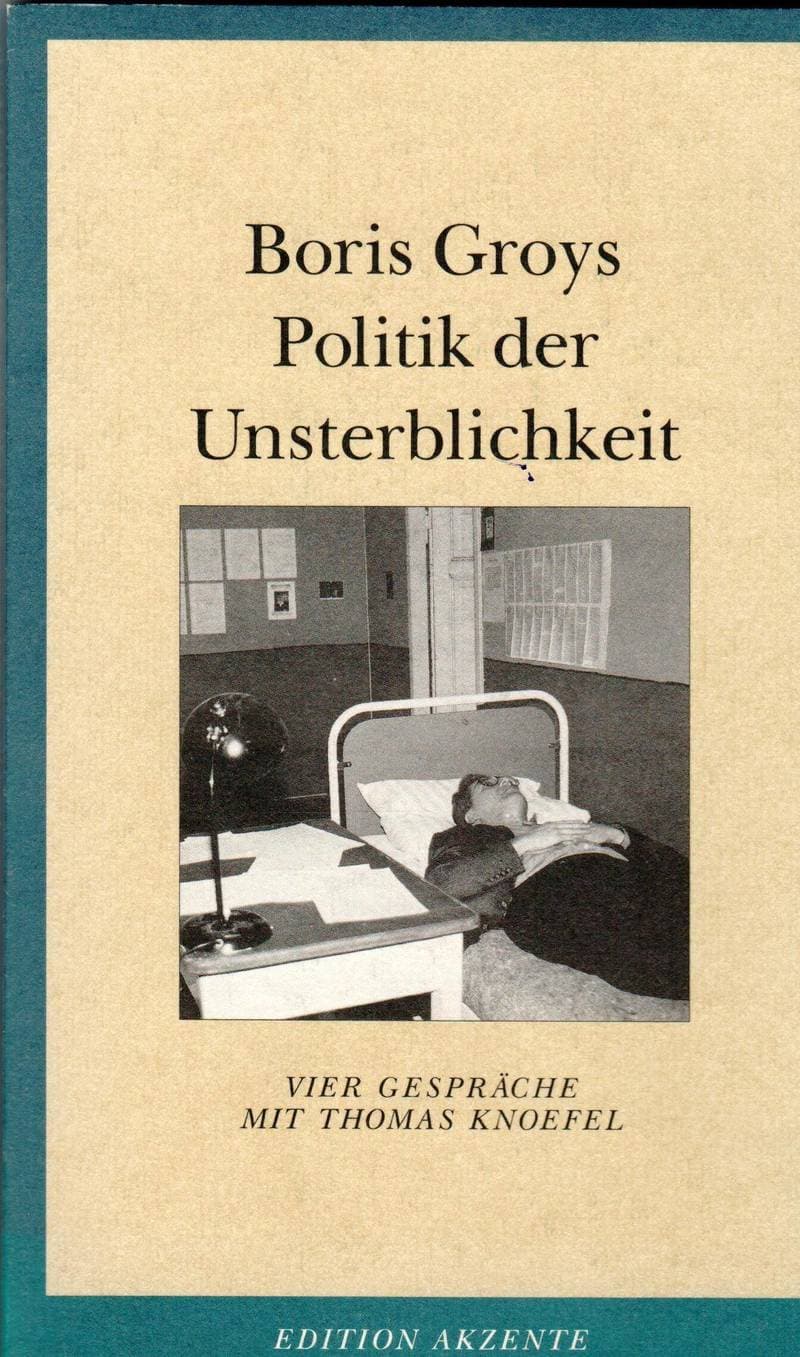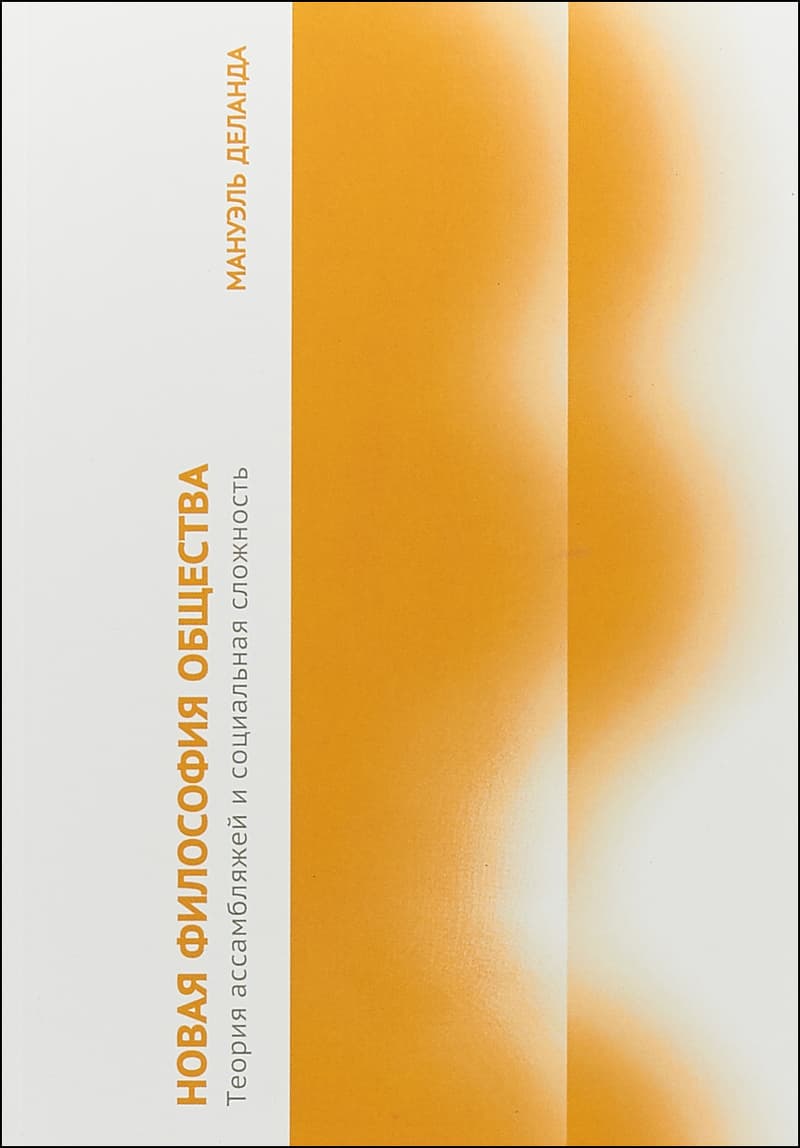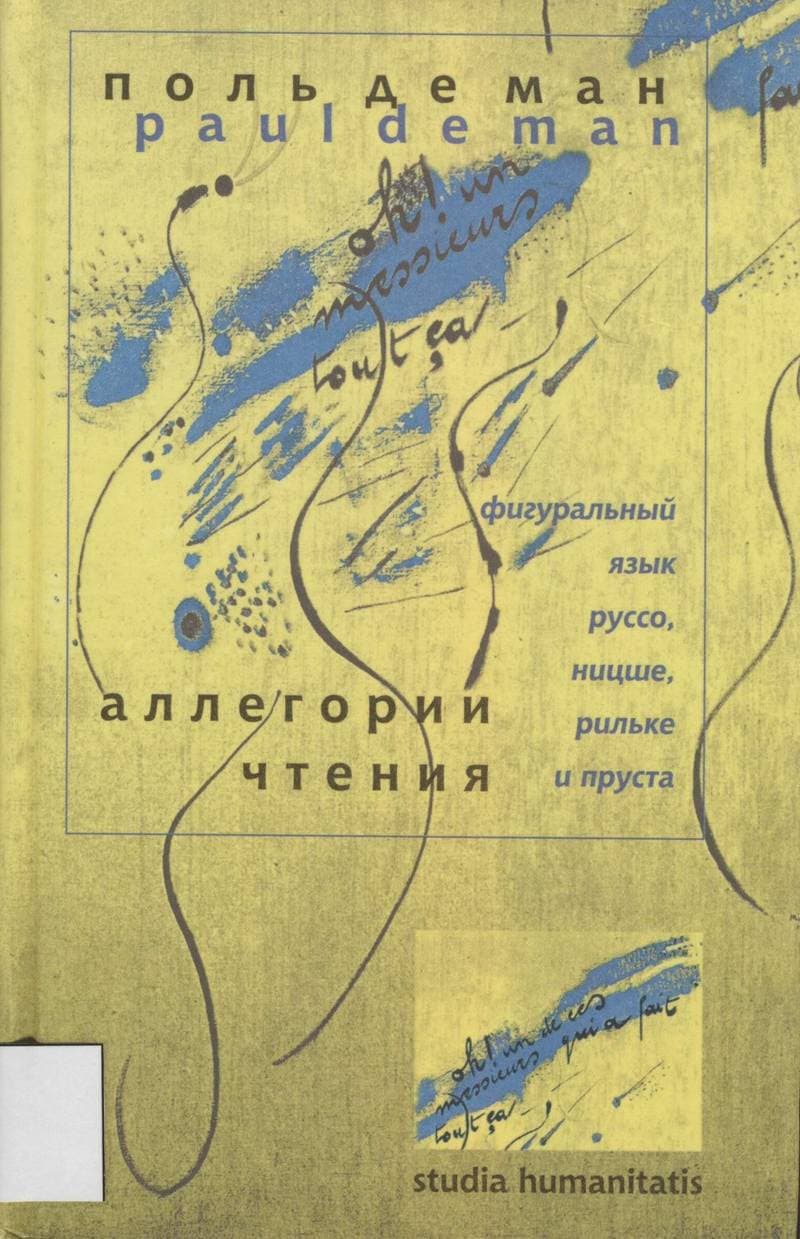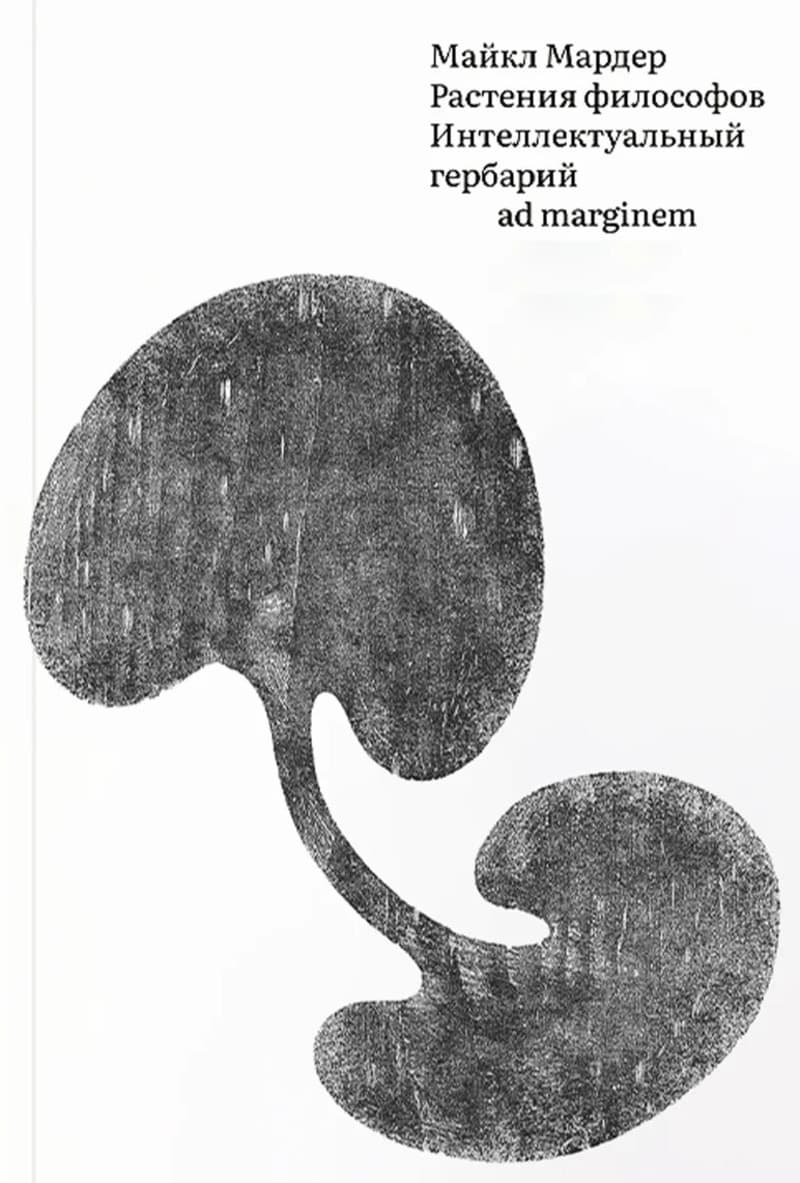The Force of Nonviolence: The Ethical in the Political
Judith Butler’s new book shows how an ethic of nonviolence must be connected to a broader political struggle for social equality. Further, it argues that nonviolence is often misunderstood as a passive practice that emanates from a calm region of the soul, or as an individualist ethical relation to existing forms of power. But, in fact, nonviolence is an ethical position found in the midst of the political field. An aggressive form of nonviolence accepts that hostility is part of our psychic constitution, but values ambivalence as a way of checking the conversion of aggression into violence. One contemporary challenge to a politics of nonviolence points out that there is a difference of opinion on what counts as violence and nonviolence. The distinction between them can be mobilized in the service of ratifying the state’s monopoly on violence. Considering nonviolence as an ethical problem within a political philosophy requires a critique of individualism as well as an understanding of the psychosocial dimensions of violence. Butler draws upon Foucault, Fanon, Freud, and Benjamin to consider how the interdiction against violence fails to include lives regarded as ungrievable. By considering how “racial phantasms” inform justifications of state and administrative violence, Butler tracks how violence is often attributed to those who are most severely exposed to its lethal effects. The struggle for nonviolence is found in movements for social transformation that reframe the grievability of lives in light of social equality and whose ethical claims follow from an insight into the interdependency of life as the basis of social and political equality.
Данные книги
Лондон
2021
210 страниц
9781788732765
Доступ по запросу
Нет
Нет
109 But
1
- Vita activa, или О деятельной жизни2000
- Девочка с пальчик2016
- Ник Ланд. Сочинения в 6 томах. Том 2. Киберготика2018
- Politik der Unsterblichkeit: Vier Gespraeche mit Thomas Knoefel2002
- Загадочное отношение философии и политики2016
- Новая философия общества: Теория ассамбляжей и социальная сложность2018
- Теория религии. Литература и зло2000
- Аллегории чтения. Фигуральный язык Руссо, Ницше, Рильке и Пруста1999
- Люди в тёмные времена2024
- Что такое повелевать?2013
- Растения философов. Интеллектуальный гербарий2025
- Адорно в Неаполе. Как страна мечты стала философией2017
